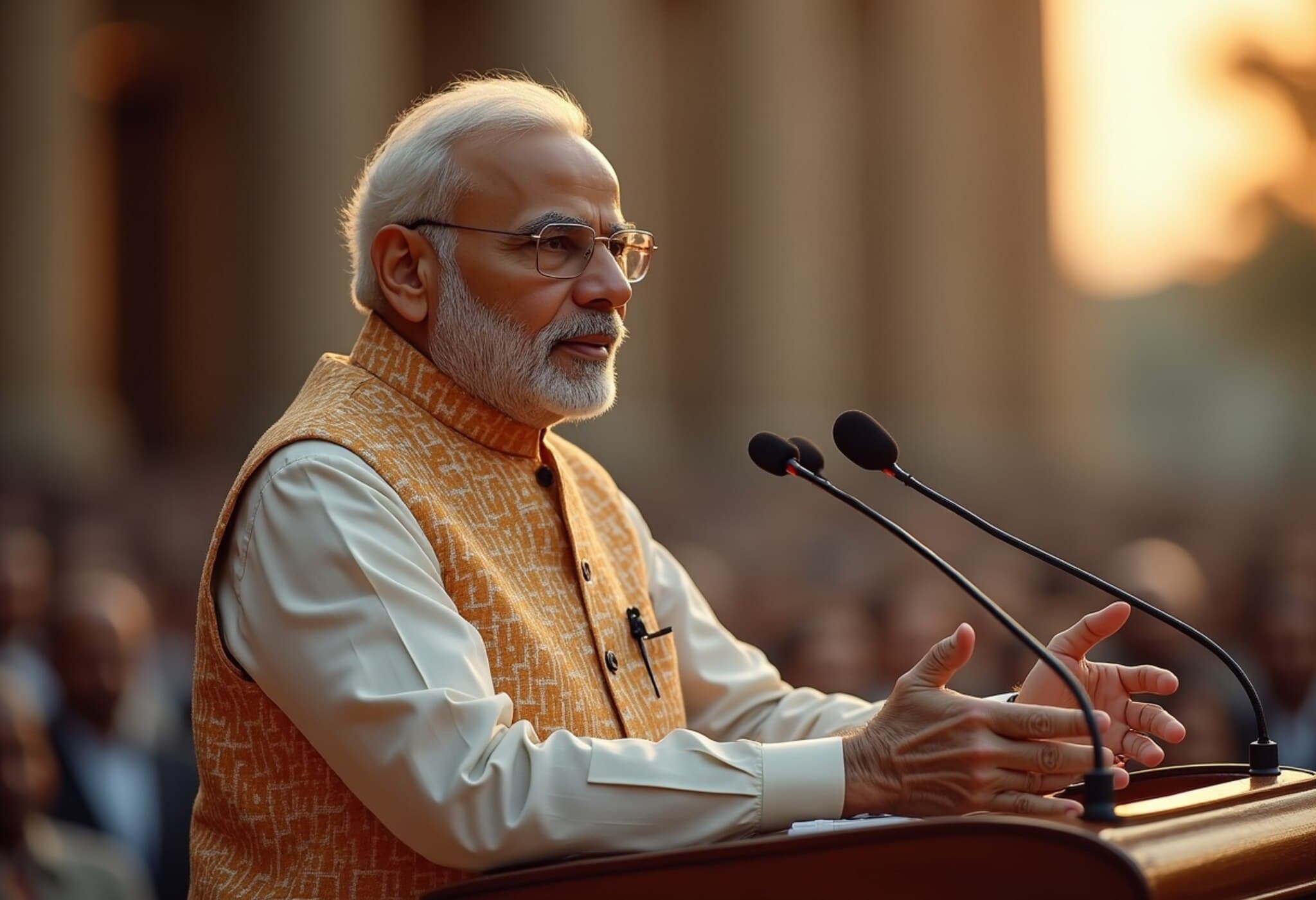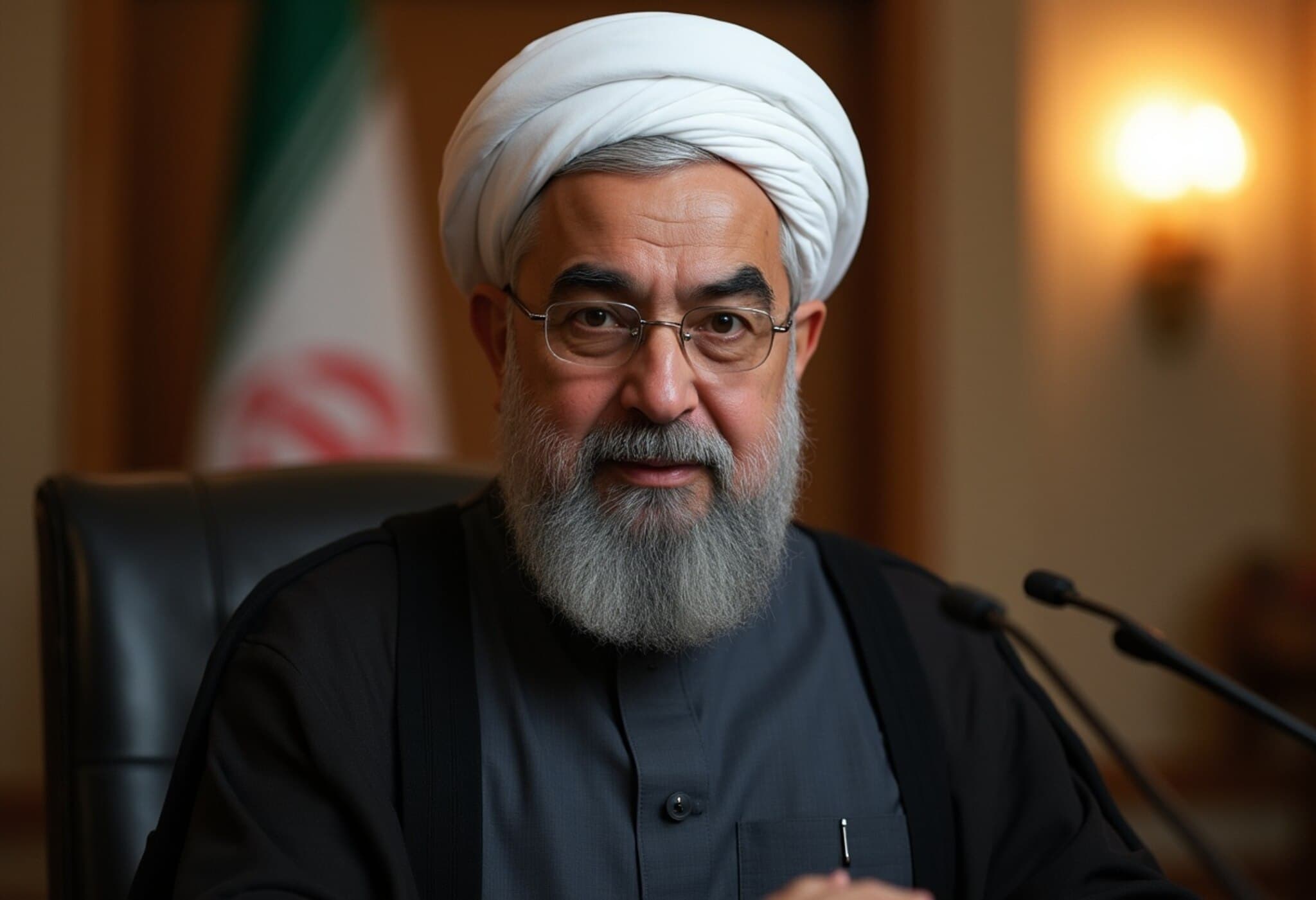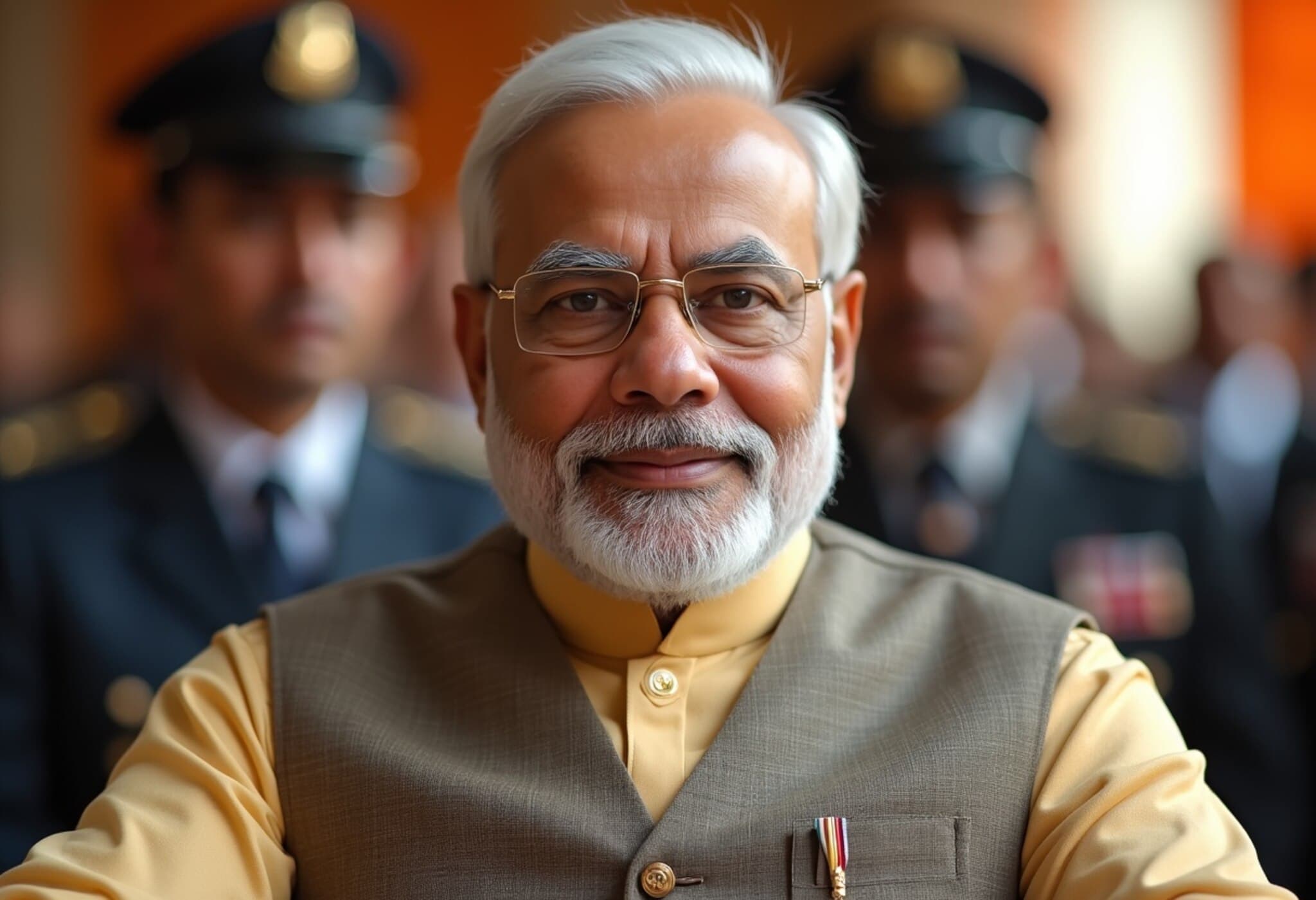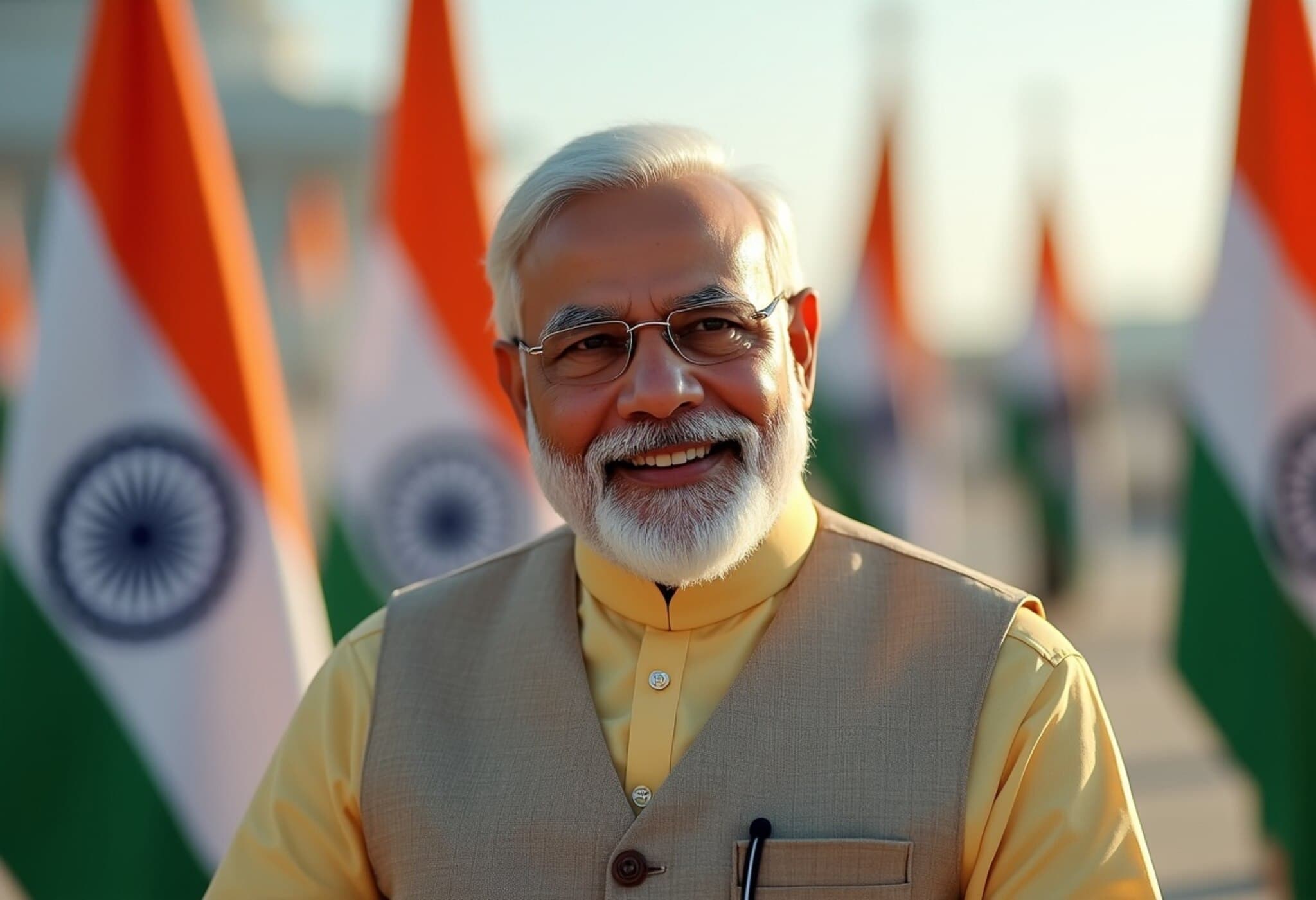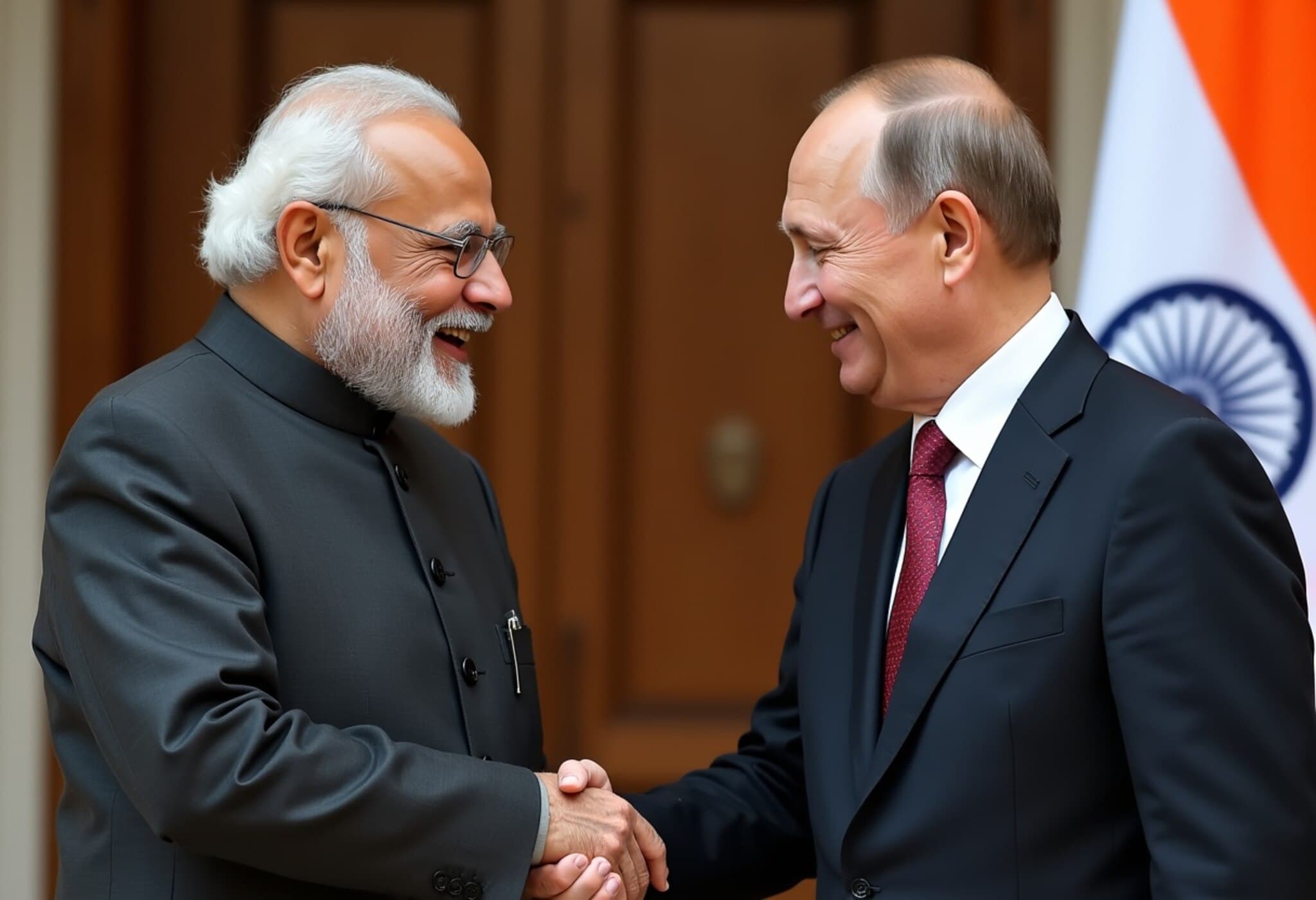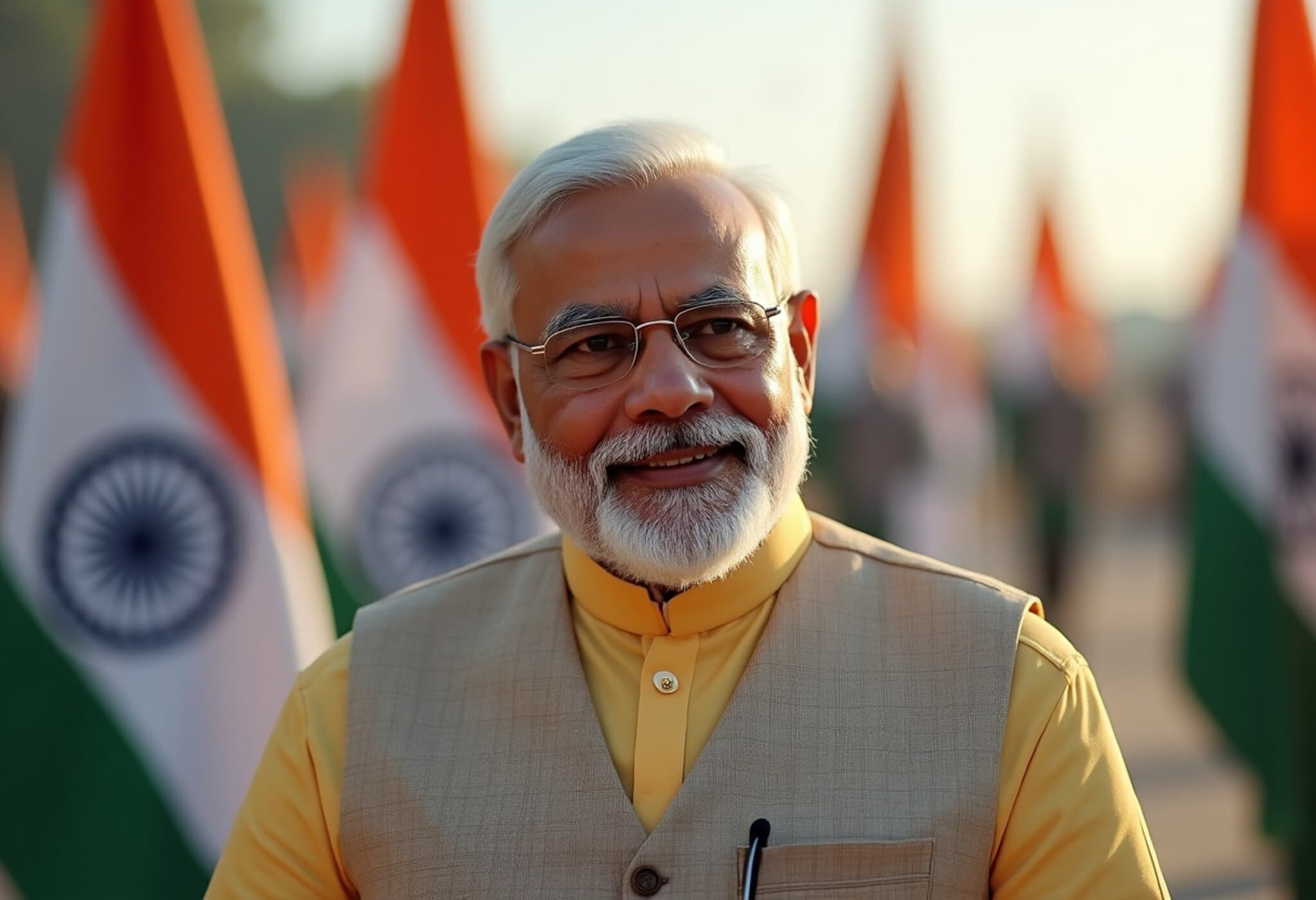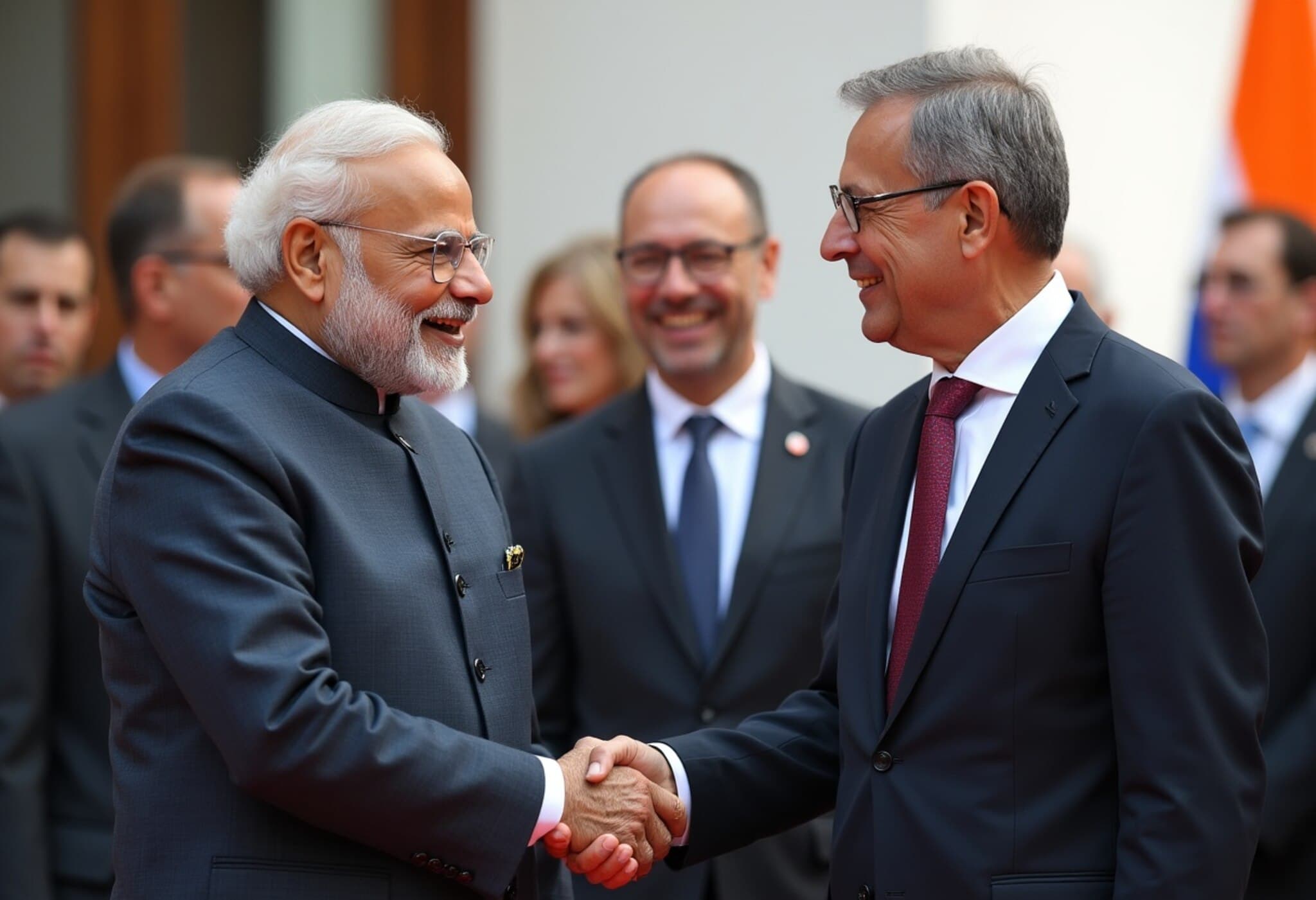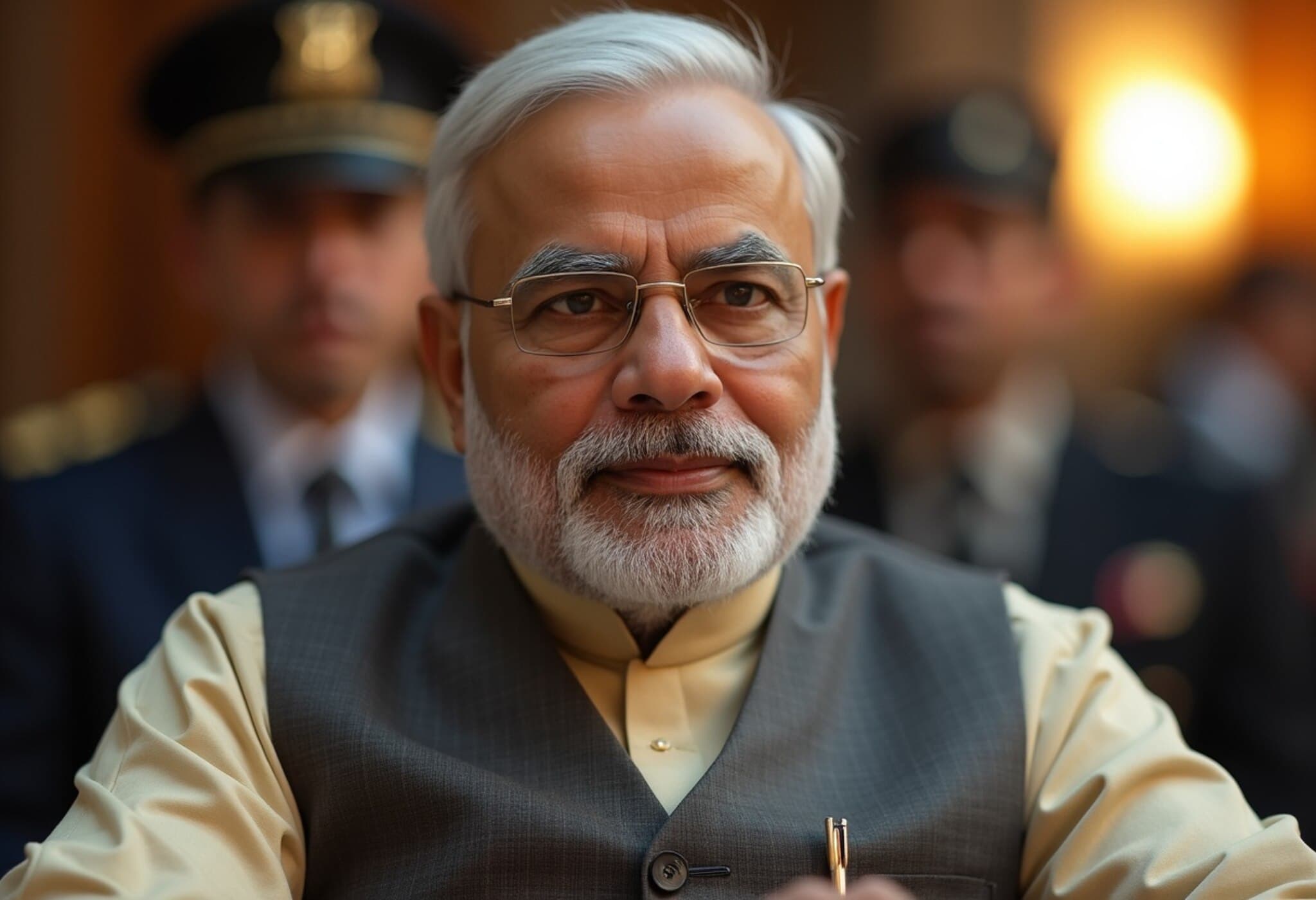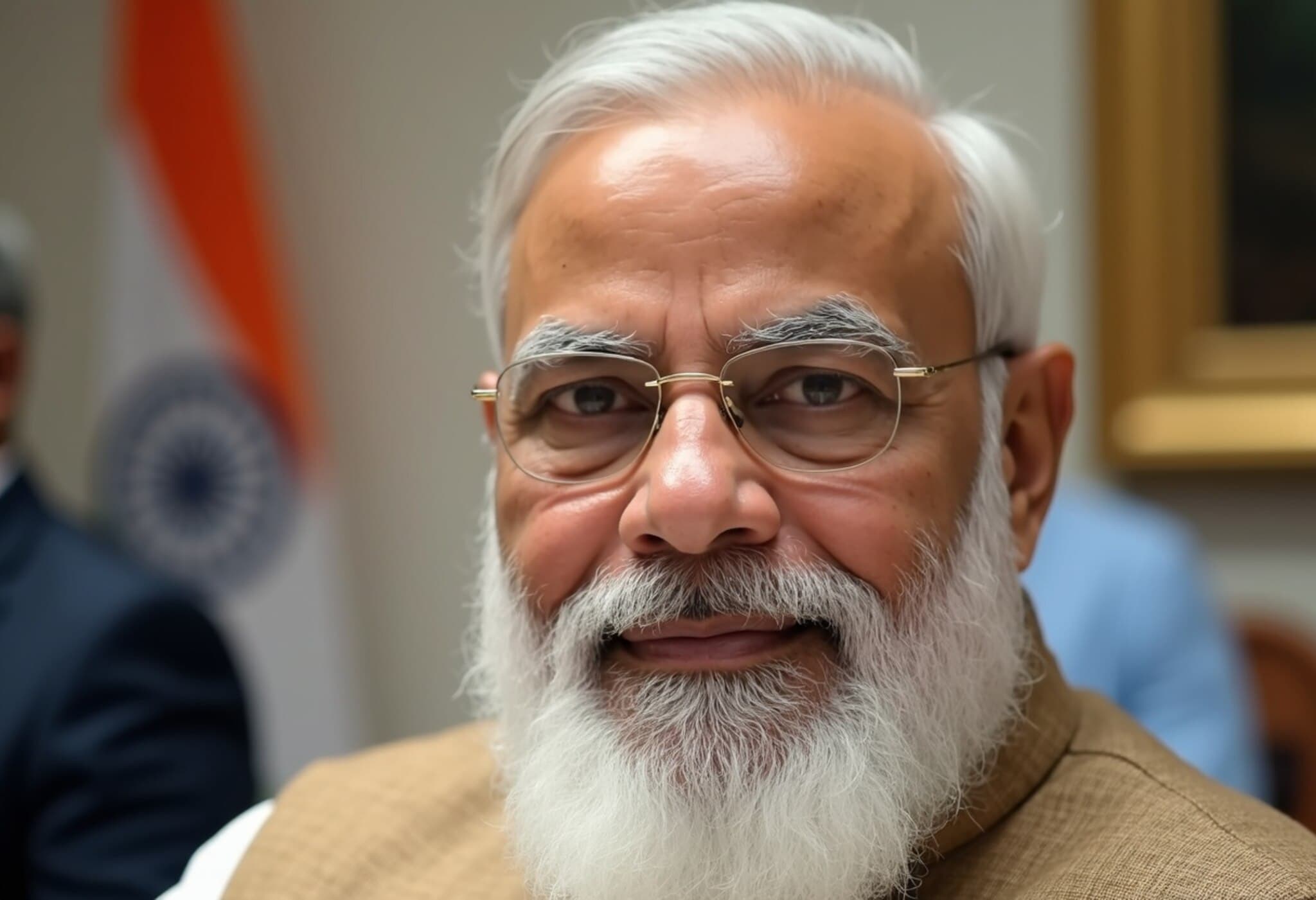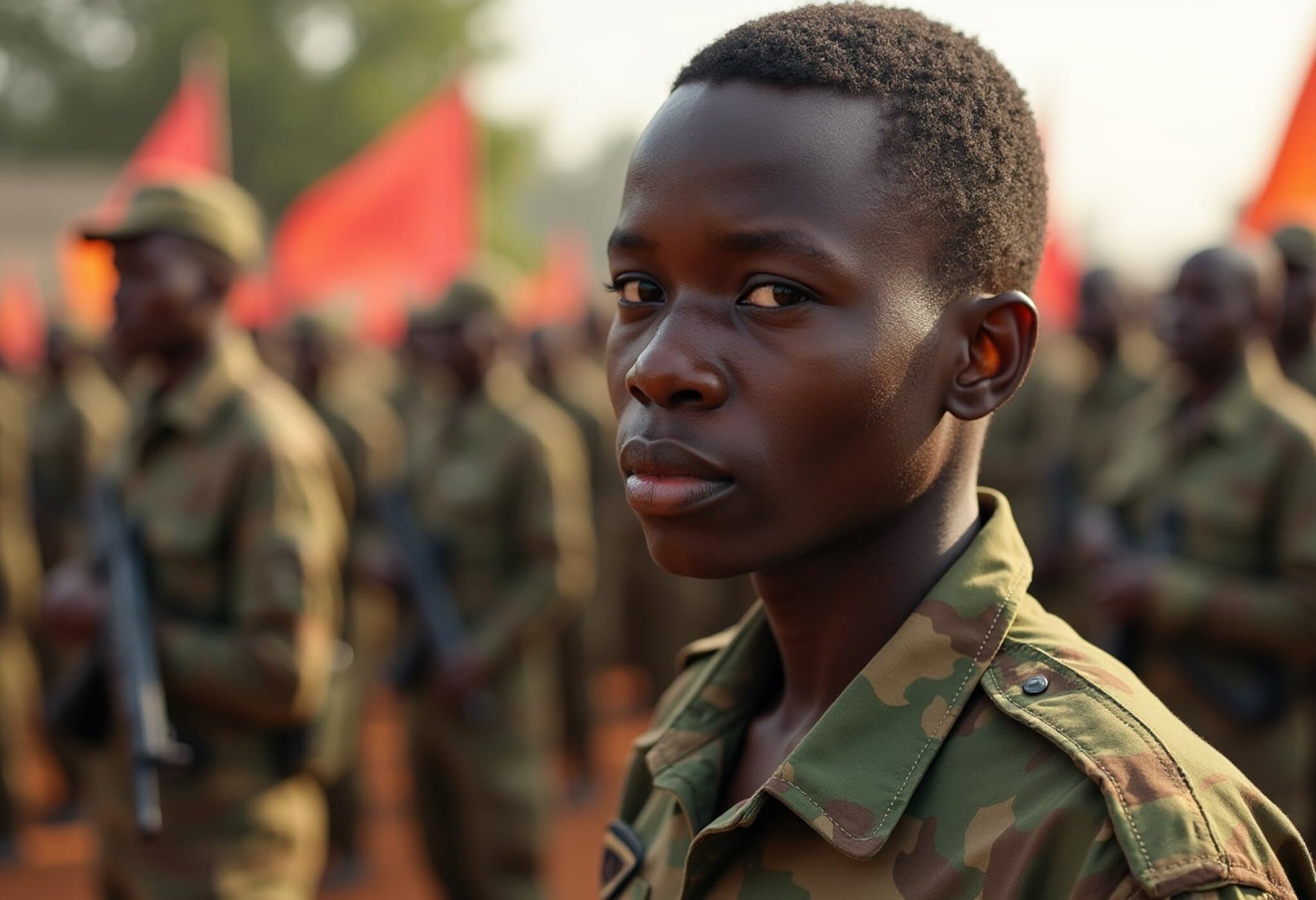PM Modi Celebrates Namibia’s Vital Role in Bringing Cheetahs Back to India
In a heartfelt address to the Joint Session of the Parliament of Namibia on July 9, 2025, Prime Minister Narendra Modi expressed deep gratitude to Namibia for its pivotal role in the reintroduction of cheetahs to India’s wilderness. Describing the partnership as a shining example of "cooperation, conservation, and compassion," Modi reflected on his personal experience releasing the cheetahs into Madhya Pradesh’s Kuno National Park—a landmark moment in India's conservation efforts.
A Symbol of India-Africa Collaboration
The Prime Minister highlighted that Namibia's generous contribution helped revive a species that had vanished from Indian soil for over seven decades. Modi noted with warmth that "the cheetahs have sent a message for you: everything is fine," affirming that the animals have not only adapted successfully but are thriving in their new habitat. The growing population of cheetahs in Kuno National Park stands as a testament to this extraordinary cross-continental conservation success.
This initiative underscores a deeper narrative beyond wildlife conservation—it symbolizes a broader India-Africa partnership built on shared values and environmental stewardship. India's commitment to biodiversity and Namibia's willingness to collaborate reflect a mutual respect and vision for sustainable development that can inspire other nations to follow suit.
Empowering Women and Democratic Values: A Shared Pride
Shifting gears, Modi applauded Namibia's recent historic milestone — the election of Netumbo Nandi-Ndaitwah as the country's first woman president. Drawing parallels, he honored the empowerment of women in both nations and emphasized the resilience and inclusiveness of their democratic institutions.
Highlighting India’s own example, Modi cited President Droupadi Murmu, who rose from humble tribal beginnings to become the first tribal woman to hold the highest constitutional office in India. "It is the power of our constitution," Modi emphasized, "that guarantees opportunities for those born into poverty or marginalized communities to reach the highest echelons of leadership."
He further personalized this message by referencing his own journey from a modest background to becoming India’s prime minister three times, reinforcing the transformative promise of constitutional democracy.
Recognition and Strengthening Bilateral Relations
Adding a note of diplomatic friendship, Modi thanked Namibia for honoring him with the Order of the Most Ancient Welwitschia Mirabilis, the country's highest civilian award. This accolade recognizes his dedicated efforts to deepen ties between the two nations, reflecting the enduring strength of India-Namibia relations.
Expert Insights: Conservation Diplomacy as a Catalyst
The cheetah reintroduction is not merely a conservation milestone; it exemplifies a strategic form of conservation diplomacy. By leveraging ecological projects, countries like India and Namibia cement soft power ties and build goodwill that transcends traditional trade or political alliances.
Such collaborations also have ripple effects on regional tourism, environmental education, and local community engagement, making conservation a multifaceted tool for sustainable development.
Underreported Perspectives: The Local Communities
One critical aspect often overshadowed is the involvement and benefits to local communities around Kuno National Park. Their role in protecting the habitat and coexisting with the reintroduced cheetahs is pivotal. Future reportage could delve deeper into how these communities experience this ecological revival and what socio-economic opportunities it creates.
Looking Ahead: What India and Namibia Can Teach the World
- Building Bridges Through Biodiversity: Their partnership highlights how environmental issues can serve as a foundation for diplomatic relations.
- Women’s Leadership as a Shared Aspiration: Empowering women leaders is central to both nations’ narratives of progress and democracy.
- Inclusive Governance: Upholding constitutional rights to uplift marginalized sections remains an ongoing, inspiring challenge.
This blend of environmental, social, and political cooperation positions India and Namibia as compelling models for emerging economies navigating the complexities of 21st-century governance.
Editor's Note
Prime Minister Modi’s address poignantly captures an extraordinary chapter in international cooperation—where wildlife conservation becomes a bridge between continents and cultures. This story invites us to reflect not just on the survival of a species, but on the power of shared values and inclusive governance. As India and Namibia continue to deepen their partnership, the global community has much to learn about translating mutual respect into tangible, lasting impacts. The evolving role of local communities and the environment in diplomacy remains a fertile ground for further exploration.

